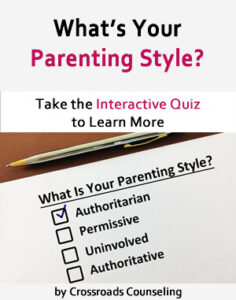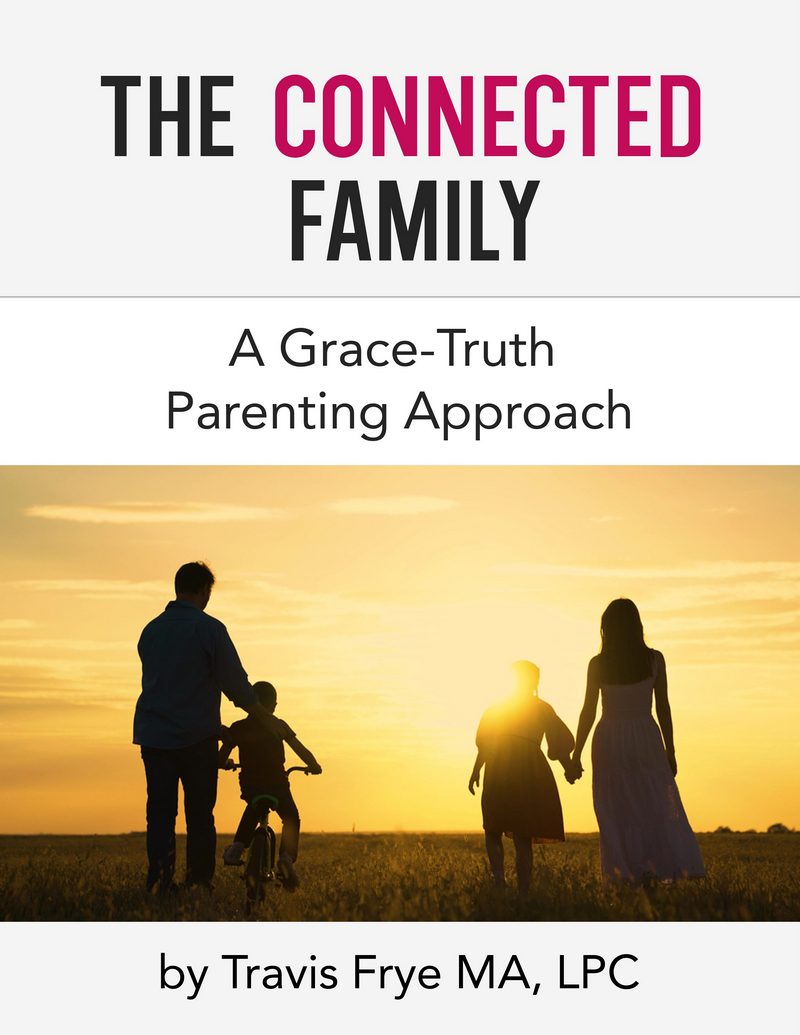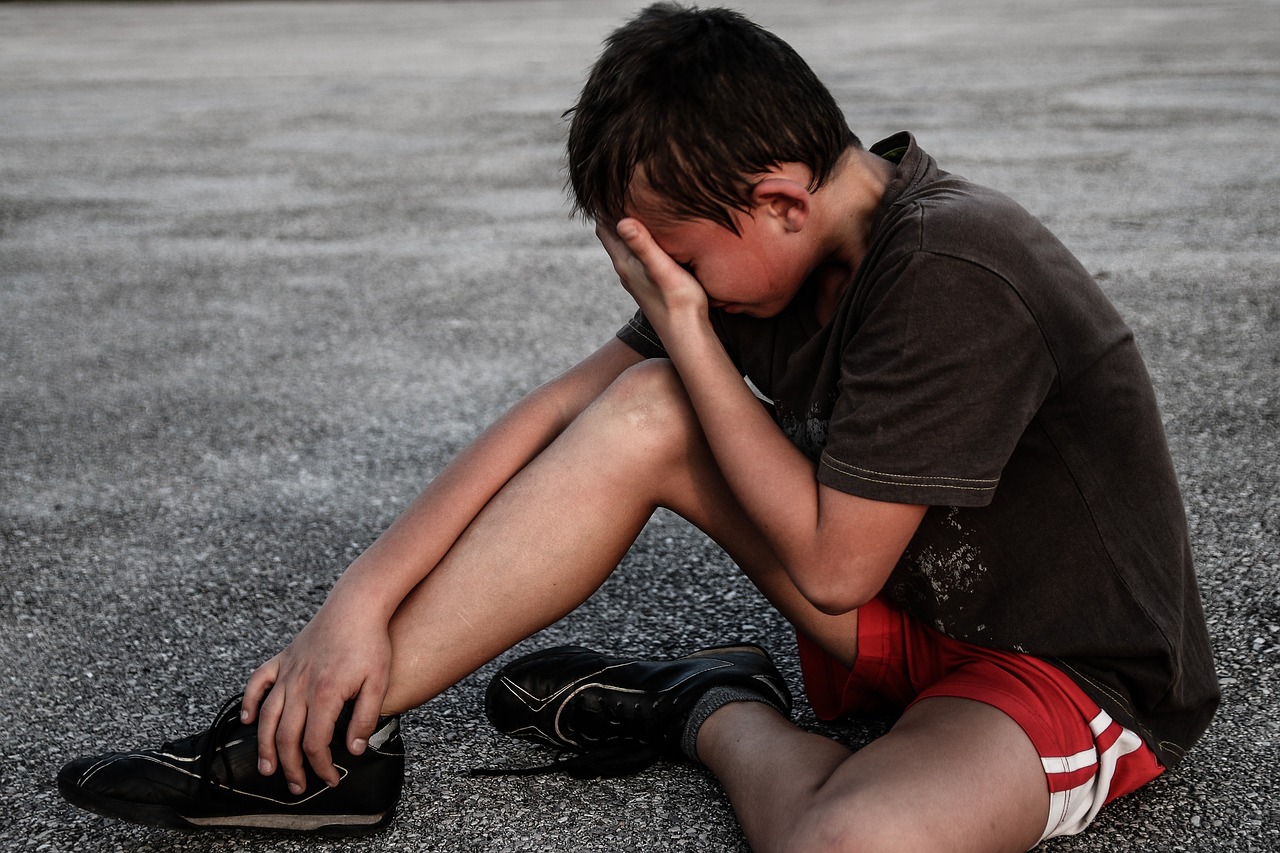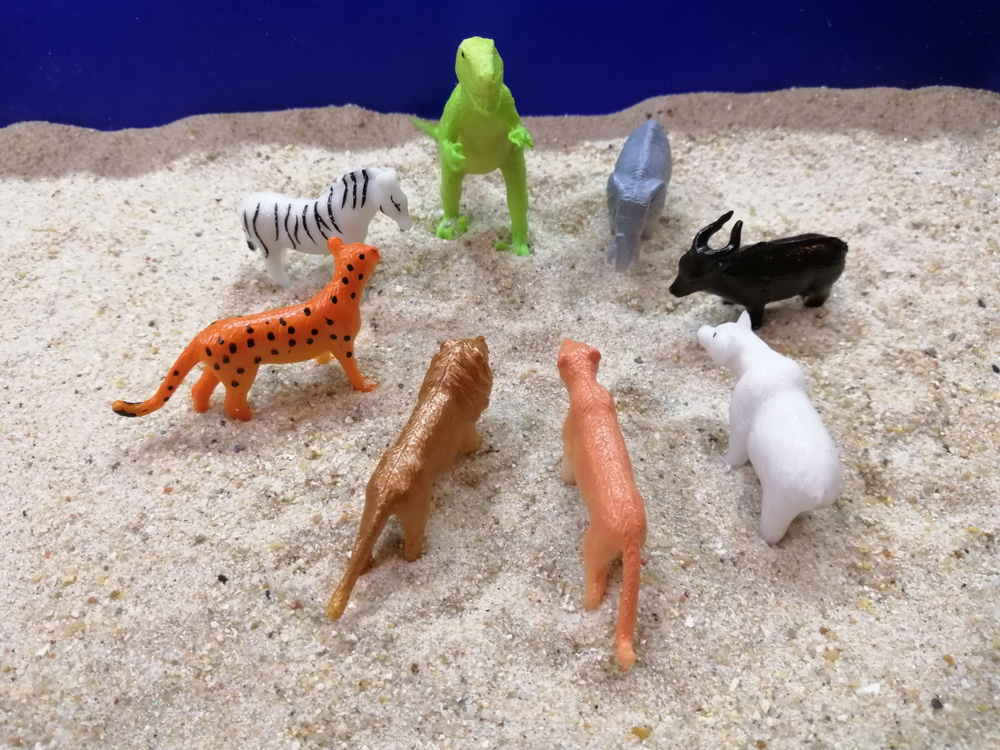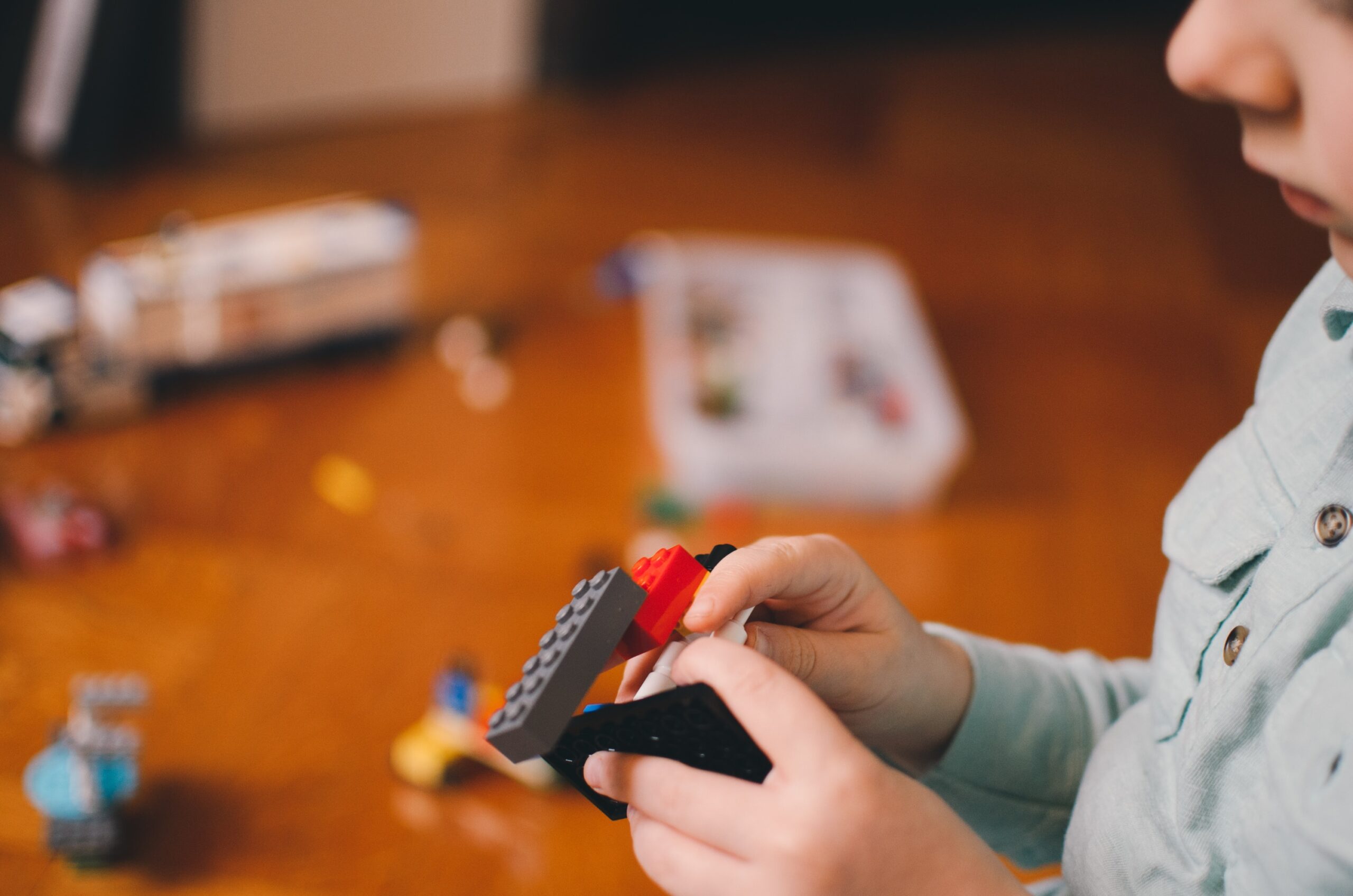May is Mental Health Awareness Month. Every week during the month of May Crossroads will post a blog focused on helping you and those you love to be mentally, relationally, and emotionally healthy. The first post for Mental Health Awareness is, “Why Do Children Develop Depression?”
We typically associate depression with adults, not children. After all, what could kids possibly be depressed about, right?
Unfortunately, that way of thinking can be detrimental, and keep children who are struggling from getting the help and support they really need.
Children can absolutely develop depression – from an earlier age than you might think. It’s essential for parents and caregivers to understand the common signs of depression in children, as well as why it develops.
Getting to the root cause of depression is often the best way of treating it, and that’s no different for kids. Let’s take a deeper look into why children develop depression, and what you can do if you’re worried your child might be struggling.
It Often Starts at Home
Research has suggested that the biggest cause of childhood depression is a parental pattern of withdrawal. Irritability can also play a role. If your child feels like they’re not getting the attention they need, or that their parents are always “upset” with them, they’re more likely to struggle.
They might start out feeling like they can’t do anything right. This often impacts their self-esteem and can lead to mood disorders. However, the less present their parents are and the less nurturing their environment, the easier it is for depression to develop.
Of course, that’s not the only possible factor contributing to childhood depression.
Things like a family history of depression or other mental health conditions can make a child more susceptible. Struggles with school and other relationships can also trigger the condition. Whether it starts within the home or there are external factors playing a part, it’s important to understand the difference between feelings of sadness and actual depression.
What Are the Signs?
It’s not uncommon for kids to experience sadness just like anyone else. It’s never easy for a parent to see their child sad, or even feeling hopeless. However, there’s a difference between those normal emotions and actual depression.
With that in mind, some of the most common signs of depression in children include:
Feelings of sadness that last for weeks or months
Withdrawing from things they typically enjoy
Not wanting to do new, fun things
Changes in eating or sleeping habits
It’s also not uncommon for children to feel fatigued or display low energy when they’re depressed. If you’re noticing physical symptoms in your child, the best thing you can do is reach out to their pediatrician and set up an appointment. It’s important to rule out any underlying health conditions or external factors that could be causing your child to experience those issues.
What Should You Do If Your Child Has Depression?
Once you do see a doctor for your child and rule out any medical conditions, they can help you take the next step toward getting the right treatment.
Like adults, the most common treatment option for depression in children is therapy. The approaches might be slightly different, based on your child’s age, but the concepts remain the same.
You can teach your child healthy coping mechanisms for their depression at home. Things like keeping a stable routine, encouraging physical activity, and allowing them moments to de-stress and find comfort in what they’re doing can all help. However, as stated above, it’s essential to get to the “underlying cause” of depression so your child can get the treatment they need.
A child therapist can help with that. Getting to that root cause now will make it easier for your child to manage their symptoms, and can keep their depression from getting worse as they get older.
Begin Working With An Anxiety Therapist in Phoenix, Scottsdale, and Online in AZ
If you’re concerned your child might be struggling with depression, don’t hesitate to reach out and make an appointment. Our team of caring therapists understands that the decision to bring your child into counseling can be intimidating as a parent. This is why we are happy to offer a complimentary 20-minute phone consultation. Our locations for child therapy are located throughout the valley with counseling centers located in Phoenix, Anthem, Online in AZ, and Scottsdale. You can start your therapy journey with Crossroads Counseling by following these simple steps:
- Contact Crossroads Counseling for a complimentary 20-minute phone consult
- Meet with a online child AZ therapist
- Start coping with your anxiety symptoms
Feel free to learn more about our practice by visiting our about page, FAQ, and blog, or read more about our staff members to start finding your best therapeutic fit! or, call us at 623-680-3486, text 623-688-5115, or email info@crossroadsfcc.com for more information!

